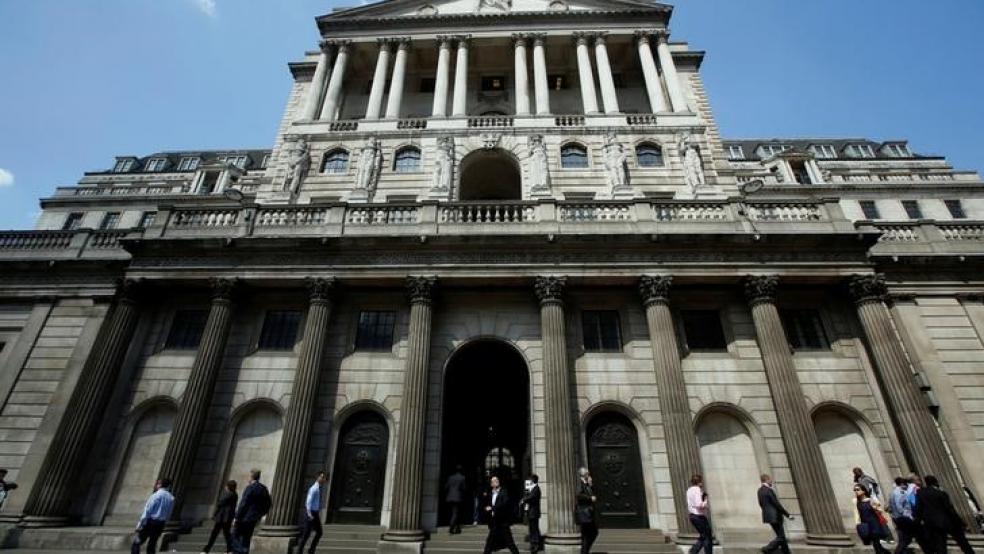Broadbent said that outside Japan, there was next to no modern precedent for advanced economies with floating currencies such as Britain suffering deflation for more than a year.
"The likelihood of a broad and protracted deflation, afflicting wages as well as prices, is pretty low," he said in a speech at Imperial College Business School in London.British inflation fell to zero last month, reflecting the sharp drop in oil prices seen last year, and the central bank has said it is likely to dip into negative territory before returning to its 2 percent target within a couple of years.However last week the central bank's chief economist, Andy Haldane, surprised financial markets by warning that very low inflation could last longer than expected, requiring the central bank to cut interest rates from their record-low 0.5 percent.Since then other members of the BoE's Monetary Policy Committee have been out in force, stating that they expected low inflation to prove temporary.Broadbent said he expected inflation to bounce back in around a year's time, saying that inflation was already running at more than 1 percent, once the effect of lower oil prices and some other factors were stripped out."Base effects will naturally give a big positive impetus to annual inflation in early 2016," he said. "Barring another steep decline in food and energy prices over the next year, headline inflation is likely to rise quite steeply."In theory negative inflation can cause a downward spiral of prices and wages, as consumers delay spending because they expect goods to fall in price, causing the economy to contract.But Broadbent said this was unlikely. Falling oil prices increased Britons' disposable income -- making them more likely to spend on non-essential goods -- and came as wages were already starting to pick up and retail sales were rising.Broadbent did not directly address the outlook for the Bank of England's interest rates.However, he did say that the "neutral real interest rate" -- an abstract measure of inflation-adjusted borrowing costs needed to keep the economy in balance -- was more likely to rise than to fall over the next couple of years. (Reporting by David Milliken; Editing by Mark Trevelyan)Bank of England's Broadbent sees 'pretty low' UK deflation risk

TOBY MELVILLE



